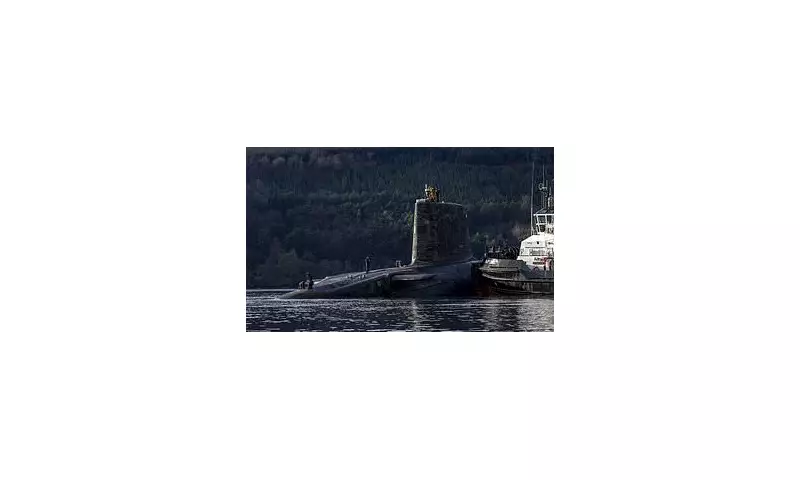
Britain's nuclear deterrent capability faces an unprecedented crisis as the nation's ageing submarine fleet has been declared 'past its sell-by date' by one of the country's most senior former defence chiefs. Admiral Lord West, the former First Sea Lord and Chief of the Defence Staff, has delivered a devastating assessment that exposes critical vulnerabilities in the UK's ultimate defence system.
Damning Verdict from Top Military Leader
In an exclusive revelation that has sent shockwaves through Whitehall and defence circles, Admiral Lord West confirmed that Britain's continuous at-sea nuclear deterrent, maintained since 1969, has been compromised by technical failures and ageing infrastructure. The stark warning comes from a military leader who commanded a Polaris submarine during the Cold War and understands the system's intricacies better than most.
The Vanguard Class Crisis
The heart of the problem lies with the Royal Navy's four Vanguard-class submarines, which carry Trident II D5 nuclear missiles. These vessels, originally designed for 25 years of service, are being pushed decades beyond their intended lifespan due to delays in the Dreadnought-class replacement programme.
Key concerns identified include:
- Ageing reactor systems requiring extensive maintenance
- Outdated technology vulnerable to modern threats
- Increasing mechanical failures and technical issues
- Growing maintenance periods reducing operational availability
Operational Gaps and National Vulnerability
Most alarmingly, Admiral Lord West revealed that there have been periods when no submarine has been on patrol, creating dangerous gaps in Britain's nuclear defence coverage. This admission confirms long-standing suspicions about the reliability of the UK's continuous deterrent posture and raises serious questions about national security during these vulnerable periods.
The Dreadnought Programme Delays
The replacement Dreadnought-class submarines, initially promised for the 2030s, have faced repeated delays and cost overruns. The first new submarine isn't expected to enter service until the 2030s, with full operational capability potentially stretching into the 2040s - leaving a critical capability gap that adversaries might exploit.
Strategic Implications for UK Defence
This revelation comes at a time of heightened global tensions, with increasing nuclear threats from Russia and China. The deterioration of Britain's nuclear deterrent raises fundamental questions about the UK's position on the world stage and its ability to fulfil NATO obligations.
Defence analysts are now questioning whether the UK can maintain its permanent seat on the UN Security Council if its nuclear capability becomes unreliable. The situation represents one of the most serious defence crises in modern British history, requiring immediate government attention and potentially massive additional investment.
The Ministry of Defence maintains that the deterrent remains effective, but Admiral Lord West's intervention suggests that behind closed doors, the situation may be far more serious than officially acknowledged.





